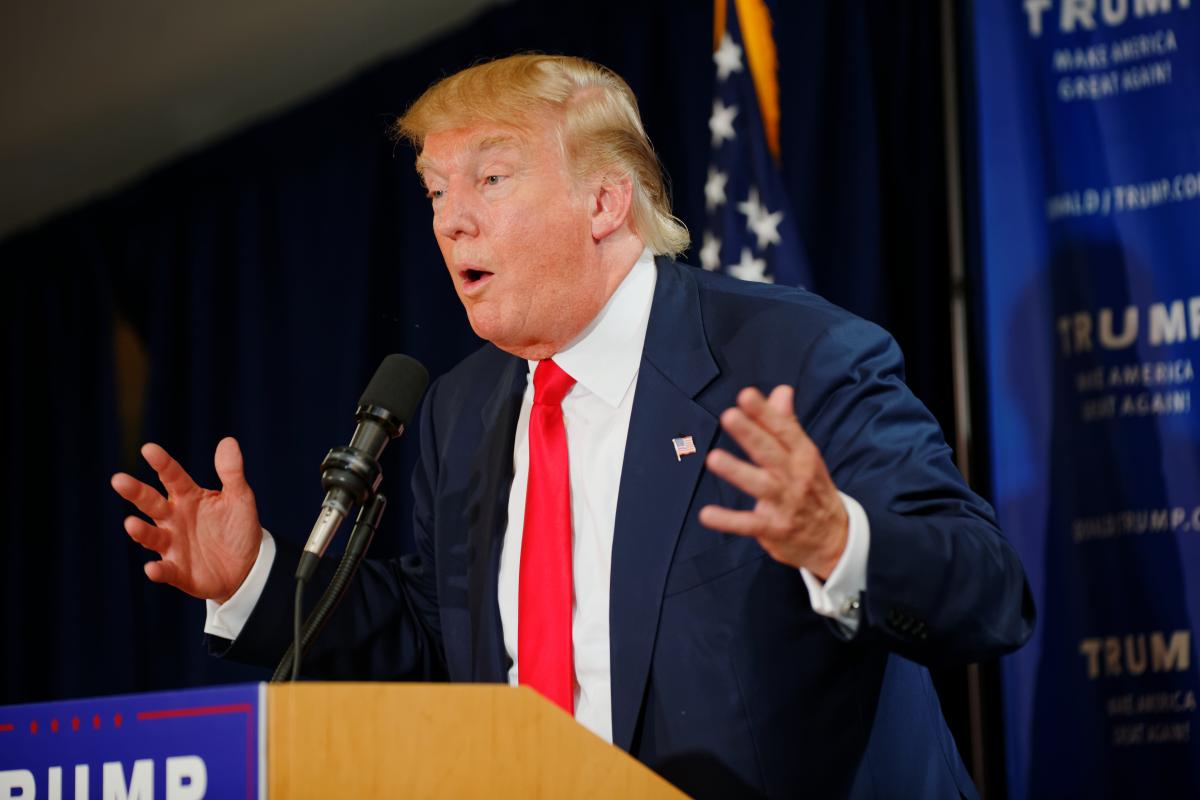
RNA - Most state legislative sessions are just starting up, yet we have already seen legislators introduce 13 bills in nine states that would prohibit the “application of foreign laws” in state courts. Now, on the surface, that might not sound like a church-state issue, but that’s by design. The troubling fact is that these bills are driven by anti-Muslim animus and the spurious fear that Sharia law is infiltrating our legal system.
Given the recent increase – and disturbing success – of anti-Muslim rhetoric, driven in part by President-elect Donald Trump’s campaign, it is not surprising that we have already seen so many anti-Sharia bills this year. In fact, legislators have filed more bills in the first few days of this year’s legislative sessions than all of last year.
Supporters of these measures often claim they just want to prevent our courts from enforcing foreign laws that violate state and federal constitutions, but that doesn’t make sense. After all, judges are sworn to uphold the Constitution, our most fundamental law. The real motive for these bills is not banning enforcement of all foreign law, but rather just Sharia and, more generally, scoring political points at the expense of Muslims.
After a federal court blocked an Oklahoma constitutional amendment that expressly banned courts from considering Sharia in 2011, most – but not all – legislators have stopped using explicit references to Sharia. Now, the bills would ban the application of all foreign law. But that doesn’t mean the underlying and unfounded anti-Muslim paranoia disappeared.
In Texas, for example, legislators have introduced two bills that make no reference to Sharia, but their intent is obvious. The bills use the same language as a 2011 Texas bill – intentionally numbered HB 911 as a not-so-subtle reference to the 9/11 attacks. HB 911’s sponsor claimed it would protect Texans from the supposed threat of the spread of Sharia, which, he said, “start[ed] in Europe because of a large population of Middle Easterners.”
These anti-Sharia bills are a solution in search of a problem. Of course, Americans United would be the first to fight the enforcement of any religious laws in the United States, so we know there’s no “Sharia threat.” Just like in Oklahoma, where the judge observed that there wasn’t “even a single instance” of an Oklahoma court applying Sharia law, supporters of anti-Sharia legislation come up empty when asked to cite examples.
And existing protections make the proposed bills wholly unnecessary: The First Amendment’s Establishment Clause already prohibits courts from promoting or becoming improperly entangled with religion, and judges must reject the application of any foreign law that would violate public policy. Simply put, Sharia is not a real threat in the U.S.
But just because these bills are unnecessary doesn’t mean they don’t have a profound cost. After Trump made stoking anti-Muslim sentiment a cornerstone of his campaign, there has been an alarming spike in violence against Muslim and South Asian communities. Anti-Sharia bills – however they are disguised – only serve to embed irrational hate and distrust of our Muslim neighbors in our law, and we are starting to see the consequences.
These bills betray the promise of religious freedom for all faiths (and non-faiths) that is ingrained in this nation’s history and values. We’ve fought them for years and will continue to fight them now – it’s more important than ever.
847/940